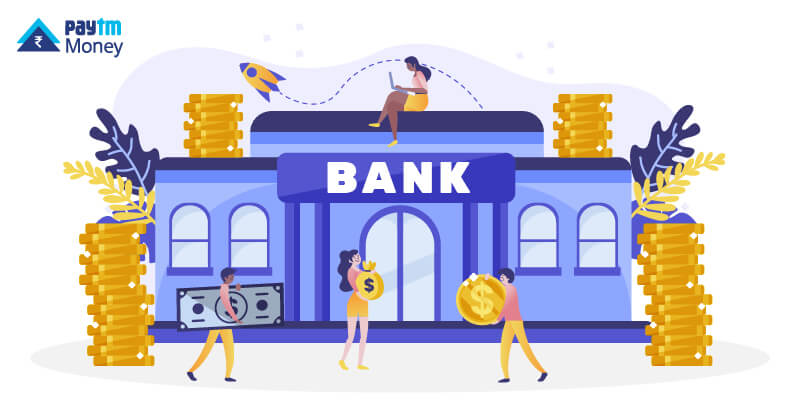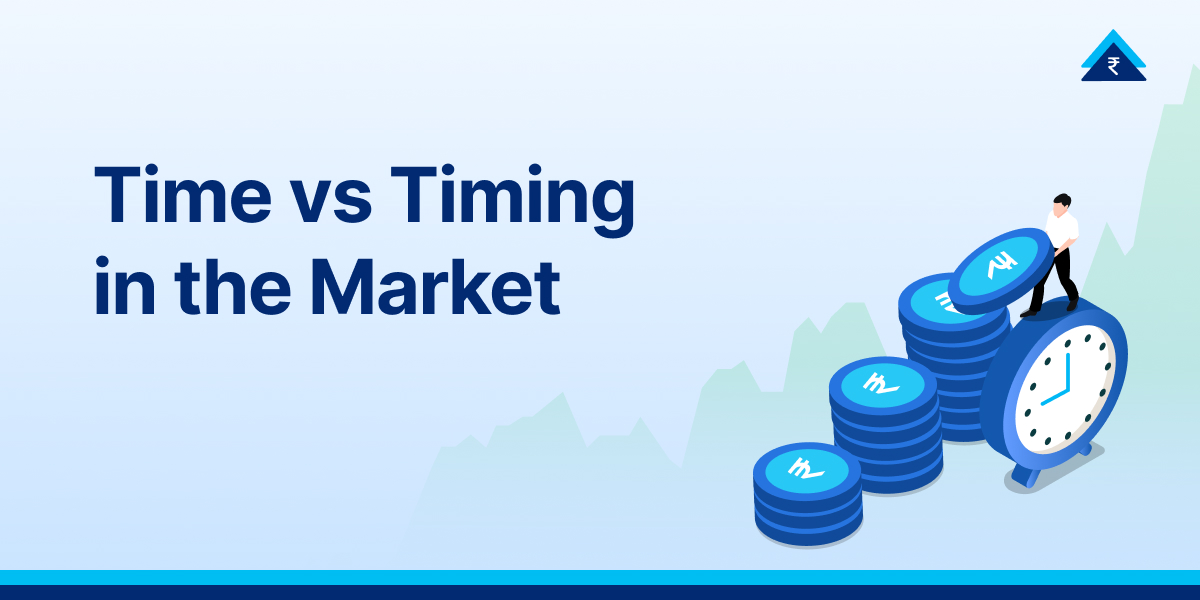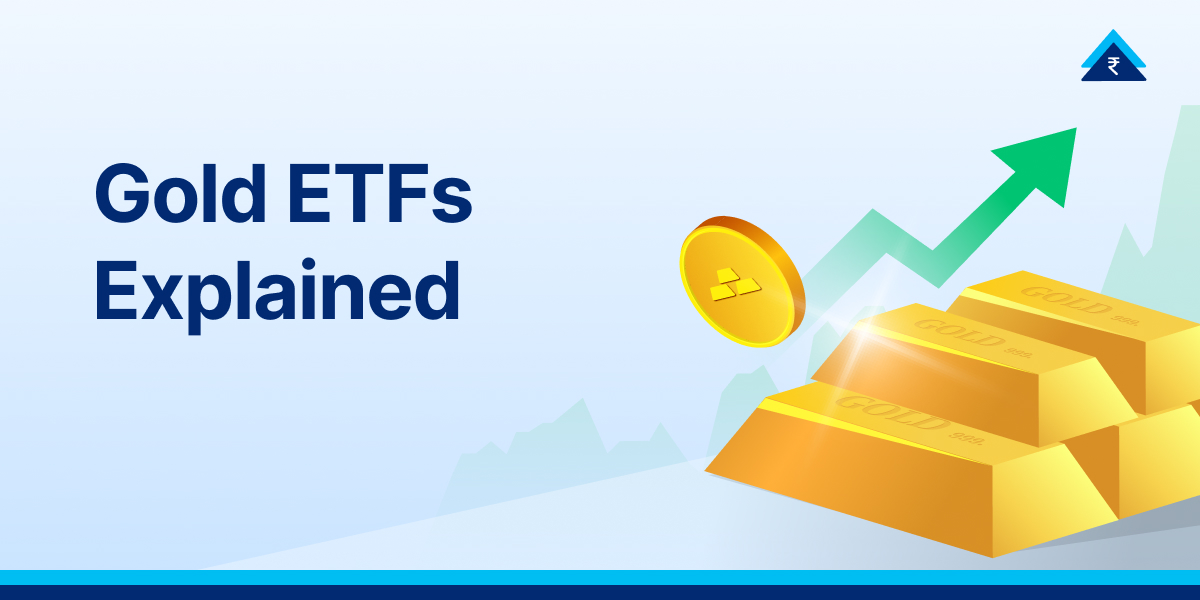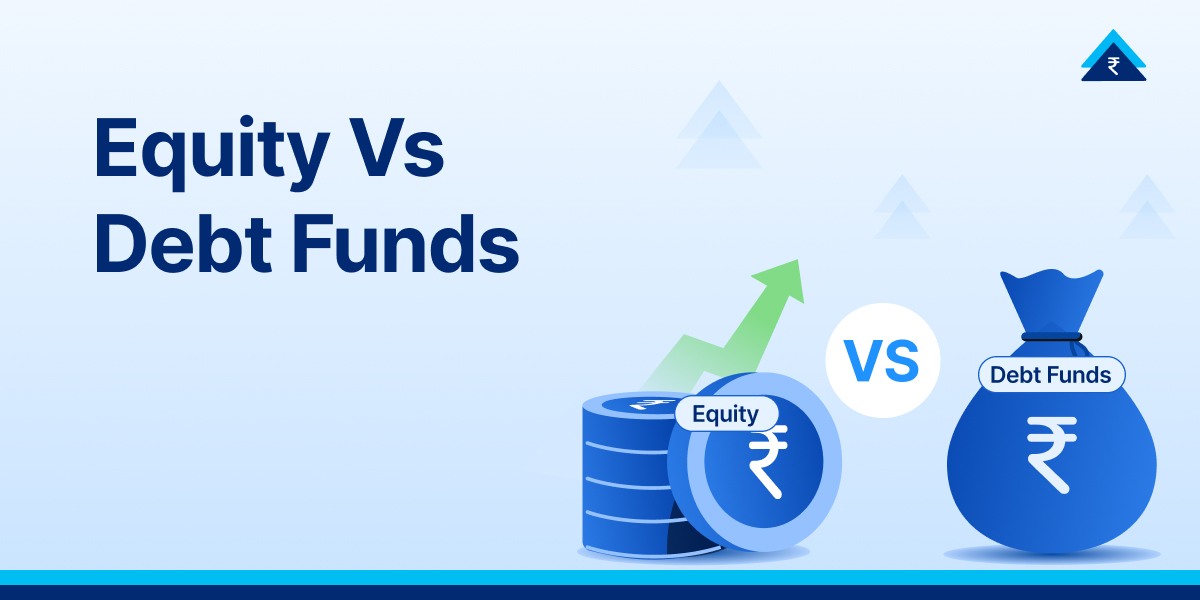Before we mention the 5 reasons why you should explore Nifty Bank Index Funds, it is important to get an understanding of what the Nifty Bank Index is and how it has performed in the past.
The Nifty Bank Index accounts for approximately 88% of listed banks’ market capitalization, it contains 12 stocks, ten of which are private sector banks & two are PSU banks.
The Nifty Bank TRI has outperformed the Nifty 50 TRI in six of the last 10 years. The outperformance demonstrates the market’s relative importance and future potential for the banking component of the headline index, which has contributed to the financial services sector’s high weightage.
Now that a clear understanding of what the Nifty Bank Index is and how it has performed in the past is given, here are 5 reasons why you should consider Nifty Bank Index funds:
1. Robust Demand of Banking sector
Banks play the role of intermediation by accepting deposits and lending the money to those in need thereby facilitating optimum utilization of scarce resources.
An increase in the working population and growing disposable income will raise the demand for banking and related services. The fintech sector in India is anticipated to reach Rs.6.2 trillion (US$ 83.48 billion) by 2025.
2. Economic Growth Pushing Banking Sector
Nifty Bank index has captured the GDP growth of the country due to it being the recipient of benefits from all sectors of the economy. The current financial year, which ends in March 2022, is expected to see India’s gross domestic product (GDP) expand by 9.2 percent to Rs 147.5 lakh crore.
3. Potential Better Returns
It would undoubtedly be intolerable to us if someone told us that we should be content with average returns on our investments. We can’t seem to get away from the desire to achieve better or to outperform the norm. The asset quality of banks is improving due to reforms that may lead to risk reduction and higher returns.
4. Innovation in Banking Services
Mobile, Internet banking and extension of facilities at ATMs will rapidly improve the operational efficiency of banks. The Reserve Bank of India (RBI) has recently announced the beginning of its first worldwide hackathon, HARBINGER2021-Innovation, on the theme of “Smarter Digital Payments.”
The Hackathon challenges participants to find and build solutions that have the potential to make digital payments more accessible to the under-served, improve payment convenience and user experience, while also increasing digital payment security and supporting client protection.
5. Expected Long-term Performance
The Nifty Bank TRI has outperformed the Nifty 50 TRI in six of the last 10 years. The expanding participation of banks and financial services in India’s overall market capitalisation reflects this.
How can you explore Nifty Bank Index Funds?
If you’re interested in exploring Nifty Bank Index Funds, you can do so with the ICICI Prudential Nifty Bank Index Fund NFO through the Paytm Money app. The ICICI Prudential Nifty Bank Index Fund is an open-ended scheme replicating Nifty Bank Index. The scheme is suitable for investors who are seeking a long-term wealth creation solution.
Explore ICICI Prudential Nifty Bank Index Fund NFO
If you want to know more about this fund then check out Paytm Money YouTube channel.
Mutual Fund investments are subject to market risks, read all scheme related documents carefully. Such representations are not indicative of future results. Paytm Money Ltd SEBI Reg No. INA100009859 Regd Office: 136, 1st Floor, Devika Tower, Nehru Place, Delhi – 110019. The NFO offering is non Exchange traded products and Paytm Money Ltd (PML) is acting as an agent for distributing the same. Please note all disputes with respect to the distribution activity, would not have access to the Exchange investor redressal forum or Arbitration mechanism. This information is purely based on publicly available data (Data source: Scheme Information Document, www.moneycontrol.com, www.business-standard.com, www.livemint.com, www.rbi.org.in) and in no way to be considered as advice or recommendation.






